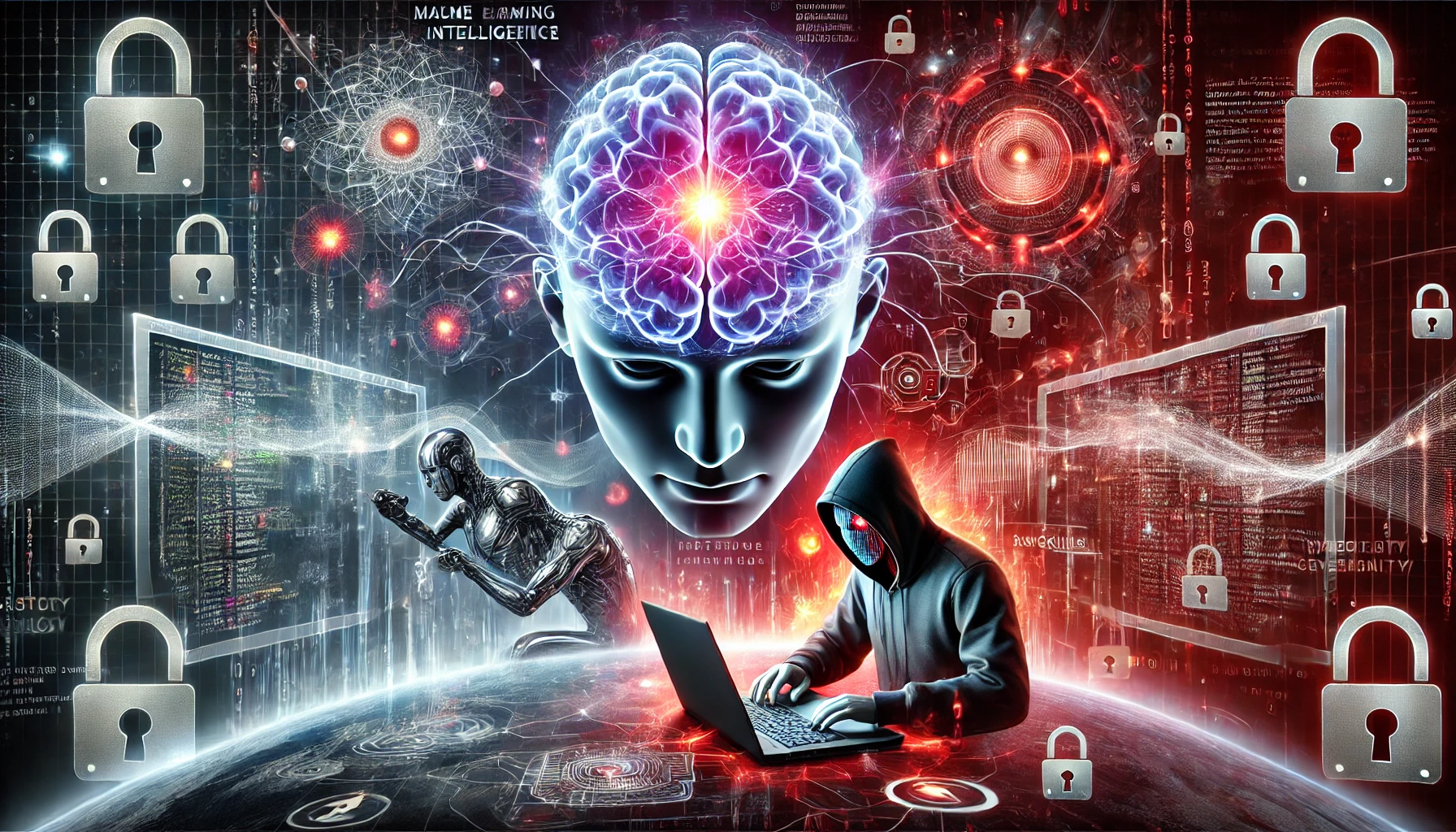Artificial Intelligence vs. Hackers: Can AI Be Trusted to Guard Our Data?

Introduction: The Cybersecurity Chess Match
In the ever-evolving game of cybersecurity, AI is quickly becoming the knight on the chessboard. On one side, you've got hackers working tirelessly to break through digital defenses. On the other, AI is tirelessly analyzing data, learning patterns, and adapting its defenses. But can we truly trust artificial intelligence to stand as the ultimate defender of our sensitive information, or are we giving too much power to a system that could be tricked? In this article, we'll dive into how AI is used in cybersecurity, its capabilities, and the risks we might be overlooking.
AI and Machine Learning: Detecting Anomalies Before They Become Breaches
AI's role in cybersecurity largely revolves around machine learning algorithms. These systems monitor network traffic, searching for anomalies or deviations from the norm that could signal a cyberattack. Think of it like having a guard dog that doesn't just bark when it sees a burglar but also learns from previous burglar patterns. These algorithms train on massive datasets, identifying what's normal and what's not. However, while AI can detect suspicious behavior, it can sometimes be fooled by clever hackers who know how to manipulate data, leaving us wondering if AI is foolproof.
The Limitations: When AI Gets It Wrong
No system is perfect, and AI is no exception. One major limitation of AI in cybersecurity is the risk of false positives. Imagine getting an alert every time your dog barks at a squirrel—it’s annoying, right? Well, AI can sometimes do the same thing, flagging harmless activities as potential threats. This not only clogs up the workflow for security teams but also creates ‘alert fatigue,’ where real threats might get ignored. On the other hand, if hackers discover patterns in AI's detection methods, they can exploit those blind spots, essentially teaching the AI to overlook their activities.
AI vs. Hackers: The Arms Race
Hackers are no slouches when it comes to staying ahead of the curve. Just as cybersecurity teams are using AI to defend, hackers are using AI to attack. AI can be employed to automate phishing attacks, develop malware that adapts to avoid detection, and even find vulnerabilities faster than human hackers. It’s essentially an arms race where both sides are wielding increasingly advanced tools. The danger lies in AI being used maliciously with more creativity than its defenders can counter.
Trust Issues: Should We Fully Rely on AI?
Despite its incredible capabilities, AI comes with trust issues. We must remember that AI is only as good as the data it’s trained on. If hackers manage to feed it misleading data, they can train the AI to make poor security decisions, opening doors they shouldn't have access to. Furthermore, AI lacks the human intuition needed to recognize certain nuanced threats. While AI can do the heavy lifting, human oversight is still critical. So, the question remains: Is AI the superhero we want it to be, or just another tool that needs careful handling?
Conclusion: Can AI Save Us From Cyber Apocalypse?
As we continue to rely more heavily on AI in cybersecurity, it’s important to recognize both its potential and its pitfalls. AI is powerful, yes, but it's not a silver bullet. Hackers will always find ways to challenge and outsmart even the smartest systems, and AI still needs human partners in this digital battle. So, can AI truly be trusted to guard our data, or is it merely the first line of defense in a much larger strategy? What do you think—would you trust an AI to keep your data safe?



